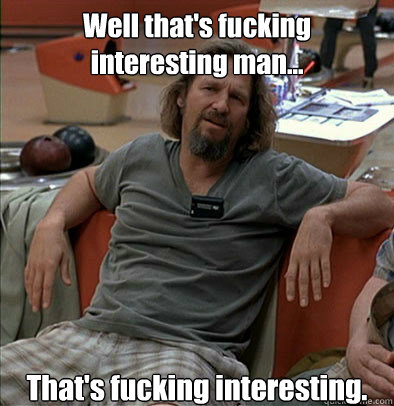Now that increasing numbers of people are stuck at home and sheltering in place, I figured I’d do a little series. Every weekday for the duration of this intense period, I’ll post a short definition of some term in/related to aesthetics and philosophy of art. Let’s see how this goes! See them all here.
Terms of Art #41:
disinterest(edness)

these guys are clearly taking interested pleasure in Gatorade
[source: Minda Haas Kuhlmann]
Definition: Disinterest = lack of interest. Okay but so… what is interest in this sense?
Well, first off, this is a technical term from 18th century Prussian philosopher Immanuel Kant. And it fits into his aesthetic theory, but has been taken up in a variety of ways by art theorists and critics since.
For him, “interest” means something pretty specific, but it’s close to what we now mean by “personal interest”. You have interest in a piece of art or nature or whatever when you have some desire that its existence (or non-existence) satisfies.
That’s really abstract. Example time!
Here are some things you might say if you have interest in an aesthetic object:
- “Murakami is all the rage now. Buying this piece would be a great investment!”
- *looks at artist* “WHAT?? That jerk still owes me fifty bucks! And cheated on my best friend! I just want to take a knife to this painting.”
- “OMG! The dog sculpture in the park looks just my childhood pupper!!! They can’t take it away!”
- “Of course I love the flowers in my backyard. They bring in bees, and that’s great for the vegetable garden.”
- “I AM SO THIRSTY AND NOTHING HAS EVER TASTED BETTER THAN THIS GATORADE”

ABC’s The Bachelor: nobody on this show has ever taken disinterested pleasure in a rose
See? In all these cases, you want the object to exist (or to not exist!). Here are some things you might say if you don’t have interest (you are “disinterested”) in the object:
- “The color palette on this Murakami piece is just incredible.”
- “The expression on the face of this bust is really striking.”
- “Look at how the rose petals spread out in an orderly yet slightly disorderly way. It’s so lovely!”
- “You know, now that I’m not in the heat of the moment, I think Gatorade actually tastes a little weird.”
 Okay you probably get the idea. Why care? Well, Kant thinks that personal interest gets in the way of experiencing what is universal in art. If you’re blinded by your investment portfolio or your personal relationship with the artist, then you won’t be able to see the art for what it is.
Okay you probably get the idea. Why care? Well, Kant thinks that personal interest gets in the way of experiencing what is universal in art. If you’re blinded by your investment portfolio or your personal relationship with the artist, then you won’t be able to see the art for what it is.
Related terms:
disinterested pleasure – Kant thinks that beautiful things produce disinterested pleasure in viewers (hearers, readers, whatever)
Not to be confused with:
interesting – NOT the same as interest. If something is interesting, that just means you find it engaging or stimulating or whatever. Look at the examples above of disinterest. All of those are compatible with finding the object interesting.


